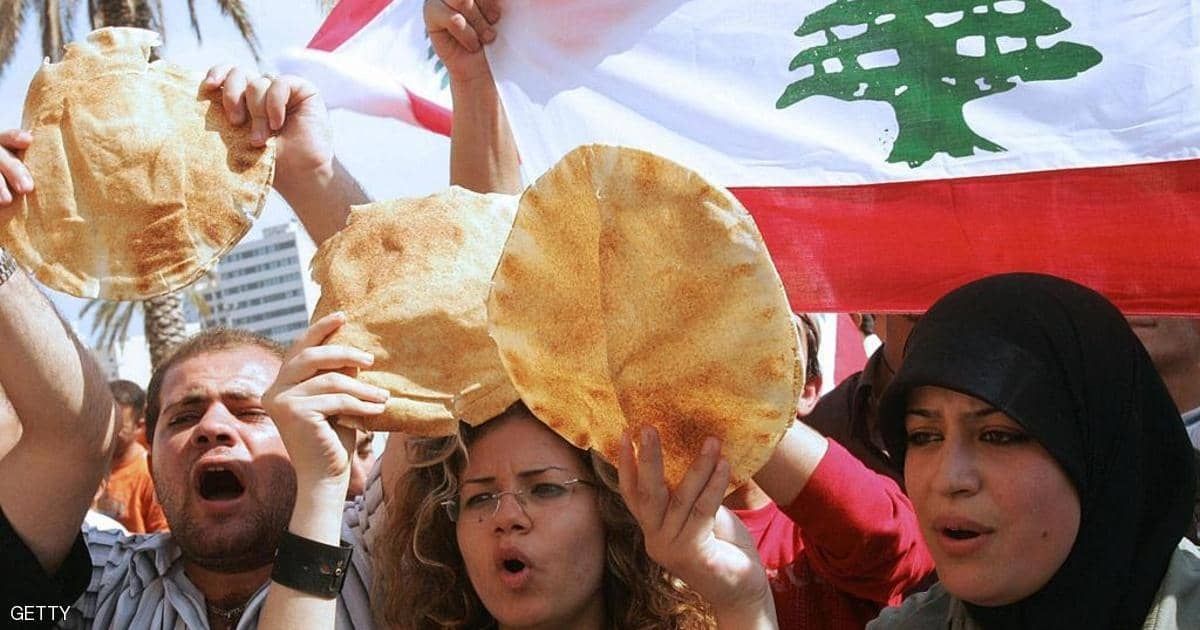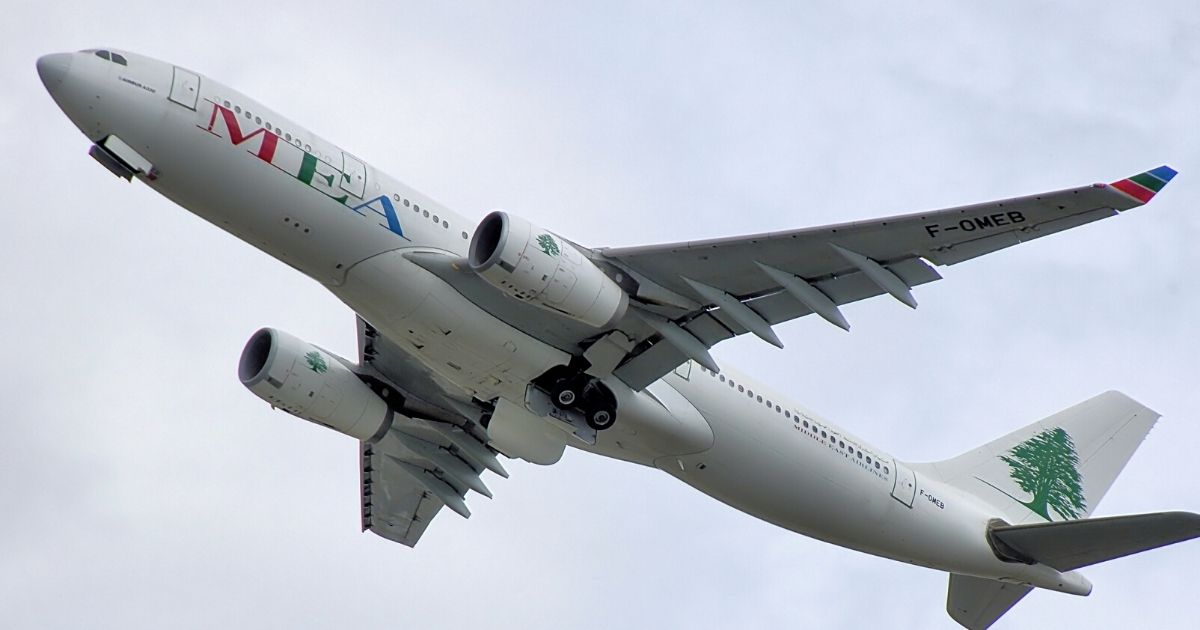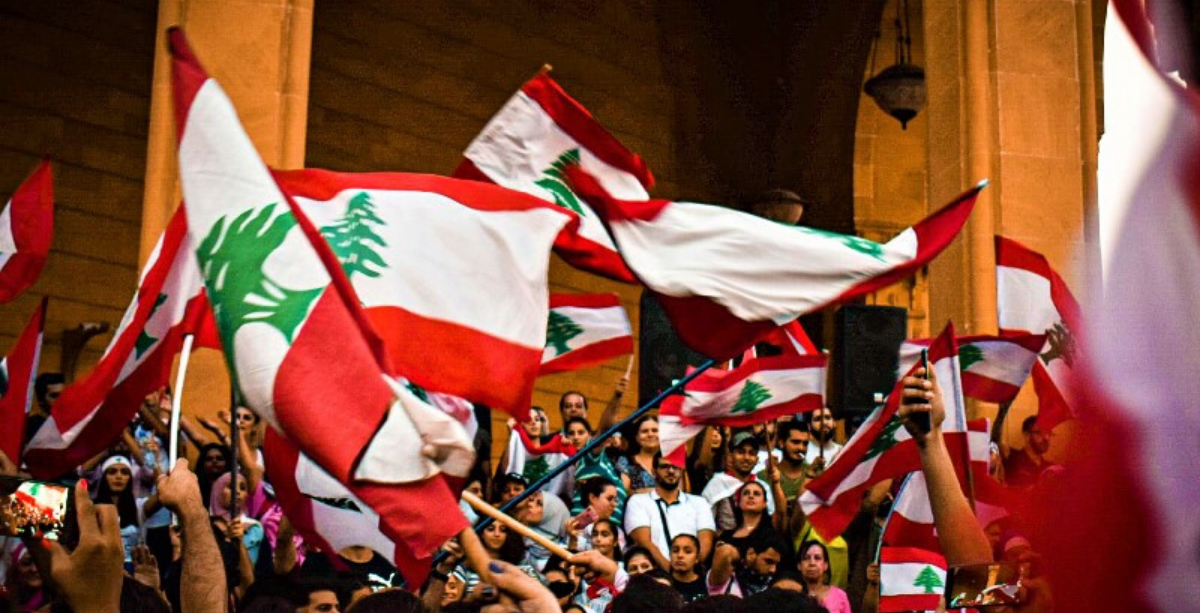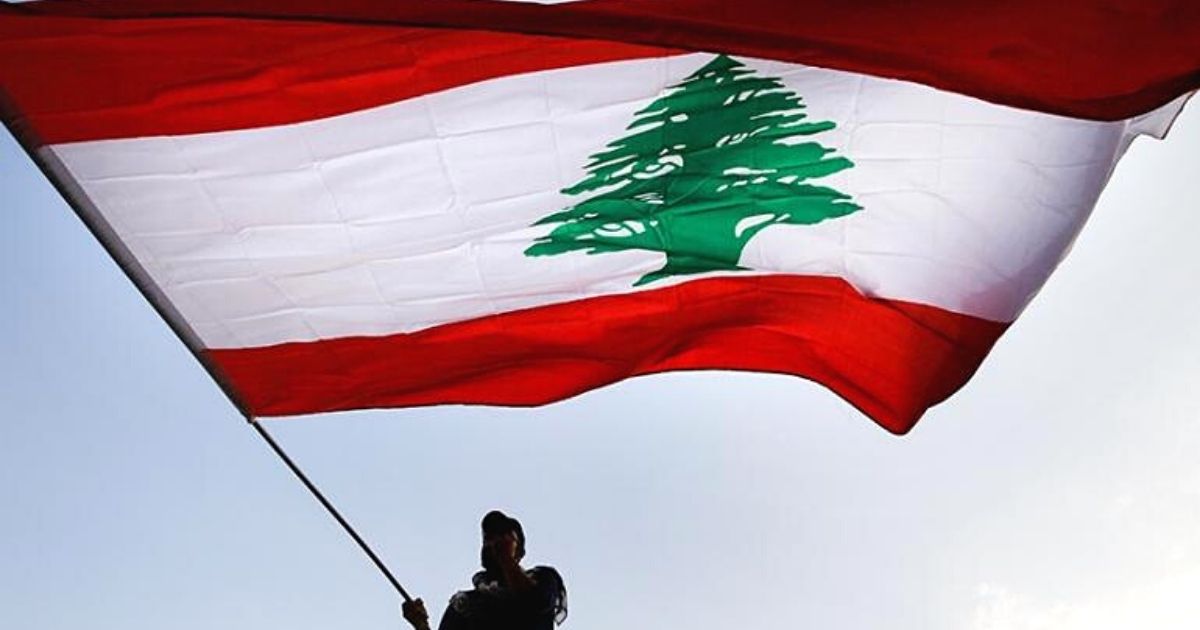Konrad-Adenauer-Stiftung (KAS) just released surprising statistics regarding the latest political and economic situation in Lebanon.
KAS Lebanon conducted the statistics from 10 to 15 December 2021 based on the participation of 1200 individuals, in equal numbers of male and female participants, from “across all the main regions of Lebanon reflecting the population density per region.”
The Study of Perceptions and Attitudes of Lebanese Citizens Towards the Economic, Social and Political Situation in Lebanon yielded surprising data in 11 aspects, which can be summarized here in 6 main areas:
Lebanese Politics and International Actors

In terms of Lebanese politics, the study found that
- 14% of the participants are political activists
- 60% of the participants declared that “no one represents their ideas and reflects their political orientations.”
- 36% of the respondents support the protest movement in Lebanon.
- 74% of participants said that solving political problems with the Arab Gulf countries should be given priority at present.
- Respondents don’t trust any of the international actors with the exception of France. It is the only actor whose role in Lebanon is considered by respondents as positive with a 2.52 score over the 4-point scale.
Economy and Finance

When asked to rank between economic, political, and international issues, economic aspects topped the list of the respondents.
- Stopping corruption was 1st with 48% voting it the most important economic issue that must be addressed at present
- The repatriation of illicit funds came 2nd,
- The forensic audit was ranked only 5th with 4%.
The study also found that a pessimistic outlook reflects Lebanon’s future in the upcoming 2 years on various levels such as economy, families’ financial situations, job opportunities, and Lebanon’s reputation.
- 82% of the respondents believe that the Lebanese economy will be worse in the coming 2 years whereas only 10% believe that it will be better.
- 73% of the respondents believe that their families’ financial situation will be worse in 2 years from now, compared to only 10% who believe that it will be better.
- 80% of the respondents believe that job opportunities will lower after 2 years, compared to only 11% who believe that it will be better.
- 81% of respondents believe that Lebanon’s reputation will be worse, compared to only 10% who believe that it will be better in 2 years.
The study also showed that 14% of the respondents have access to Fresh Dollars and added that “45% of them receive fresh Dollars from their salaries, 32% from their savings, 31% from money transfers from abroad, and 28% from children or family members.”
Food Security, Mobility, Health and Energy Consumption

The statistics also focused on the impact of the economic crisis on various levels:
The food security in Lebanon was the most shocking.
- 40% of the participants have reduced the quantity of food,
- 32% reduced the number of meals per day,
- 83% resorted to changing the quality of their food in terms of brands.
In regard to mobility:
- 75% have reduced their mobility
- 59% have resorted to using different transportation means, such as refraining from driving their own cars.
In regard to health security:
- 47% of the participants said that they couldn’t take their medication while sick due to its unavailability
- 31.4% of the participants couldn’t take their meds due to the lack of money
- 34% did not visit a doctor when ill due to the lack of money
- 30% were unable to enter the hospital for lacking money.
In regards to energy consumption:
- 46% of the respondents have resorted to reduce the amount of subscription to power generator
- 22% have resorted to suspending the subscription.
Emigration

KAS Lebanon found that “39% of Lebanese people are considering emigrating, and 39% of those who are considering emigrating have started preparing themselves to leave, such as searching for work abroad, submitting their CVs, preparing their papers for leaving Lebanon, and submitting applications to embassies.”
The Upcoming Elections of 2022

On the political and electoral level:
- 39% of the participants opted for “bringing a new and clean political class.”
- 4% chose the parliamentary elections as the most important issue.
- 50% of the respondents confirmed that they will participate in the upcoming parliamentary elections.
- 35% declared their “unwillingness to participate” in the elections since they believe that nothing will motivate them to vote.
- 15% of the respondents declared not having decided yet if they will vote or not.
- 26% of the respondents who will participate in the elections said that they will vote for independent candidates, compared to 15% for Hezbollah, and 12% for the change movements of the Lebanese Revolution’s groups.
“The same percentage [12%] are willing to vote for the Lebanese Forces, followed by the Free Patriotic Movement with 7%, and the Future Movement with 6%,” KAS indicated.
The factors shown to influence the respondents’ electoral choices are:
- Protection/security, with an average of 3.3 on a 4-point scale
- The candidate’s achievements, with an average score of 3.2.
Surprisingly, the sectarian affiliation of the candidate, as a factor, scored low with 2.10 over a 4-point scale and was considered the least important factor.
KAS indicated that “half the respondents believe that the parliamentary elections will be a source of change, compared to 45% who are pessimistic of change.”
Popularity changes between December 2019 and December 2021

KAS Lebanon compared the results of its statistics conducted in December of 2019, showing that “it is clear that the popularity of all politicians has decreased, with the exception of Samir Geagea, whose popularity noticed a small increase.”
However, the decline in the popularity of traditional Lebanese politicians does not mean the emergence of new ones. The Lebanese people do not trust existing political figures, especially in light of the worsening economic and political crises and the devastating effects of the Beirut Blast.
In regards to the drop in popularity from December 2019 to December 2021:
- The biggest drop was recorded within President Michel Aoun’s popularity. It dropped from 7.25% to 2.2%
- The lowest drop was recorded within Hassan Nasrallah’s popularity. It decreased from 11.67% to 10.4%.
















